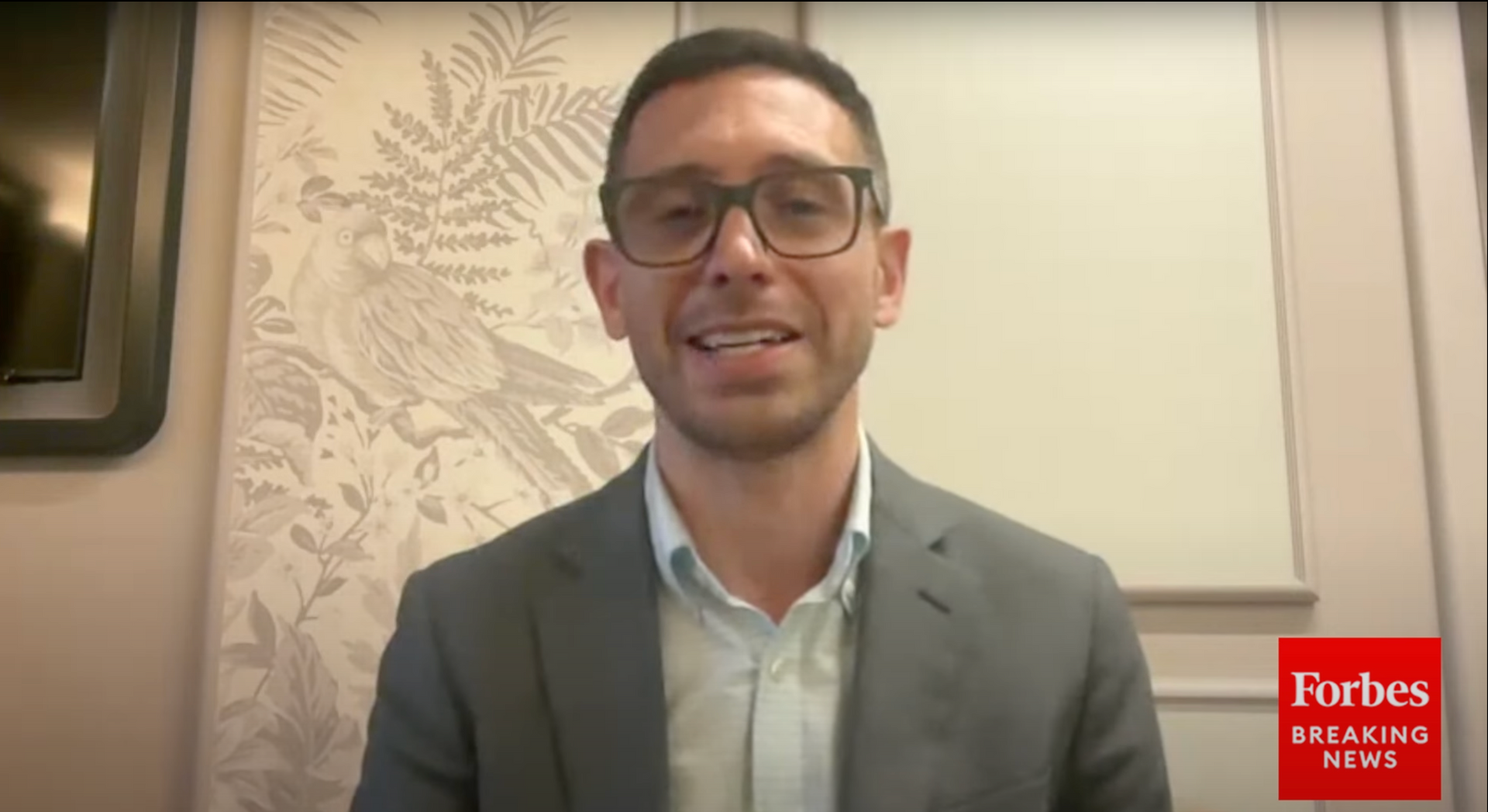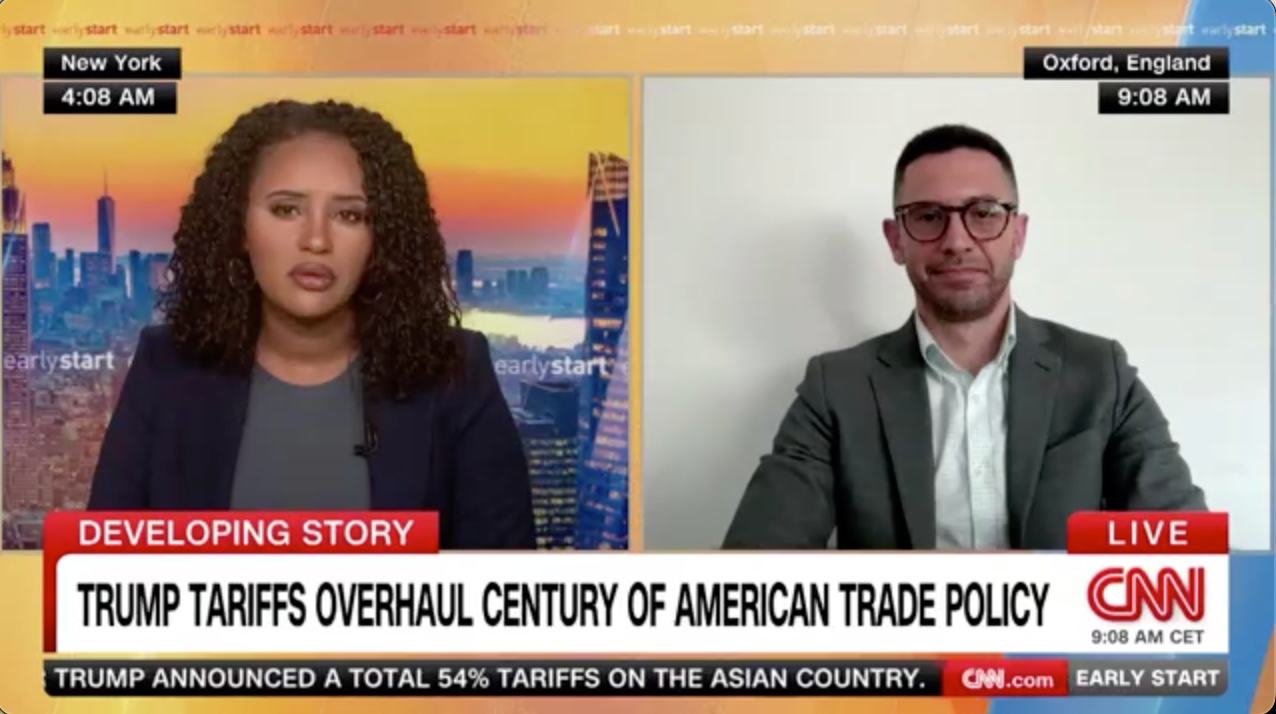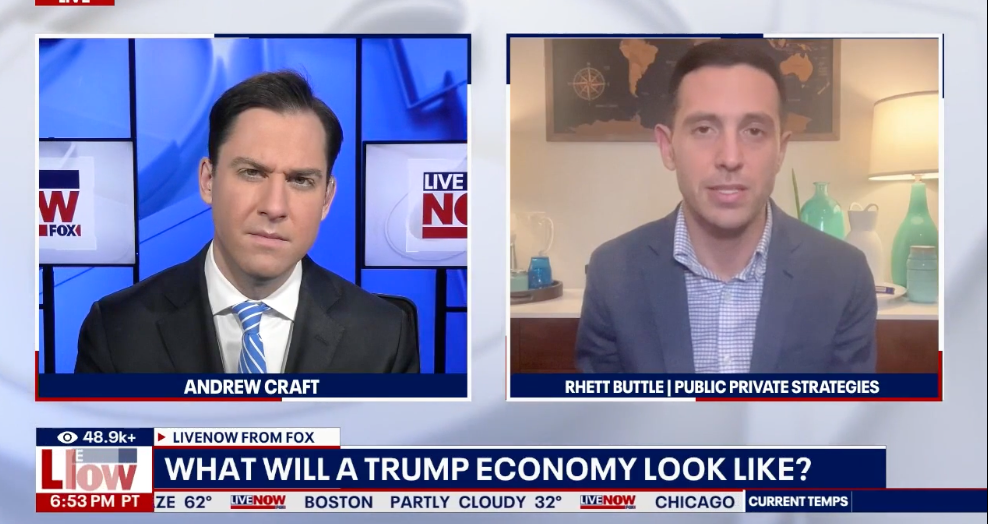A Conversation With Chiling Tong, President And CEO Of Asian/Pacific Islander American Chamber Of Commerce And Entrepreneurship
Rhett Buttle • August 11, 2020
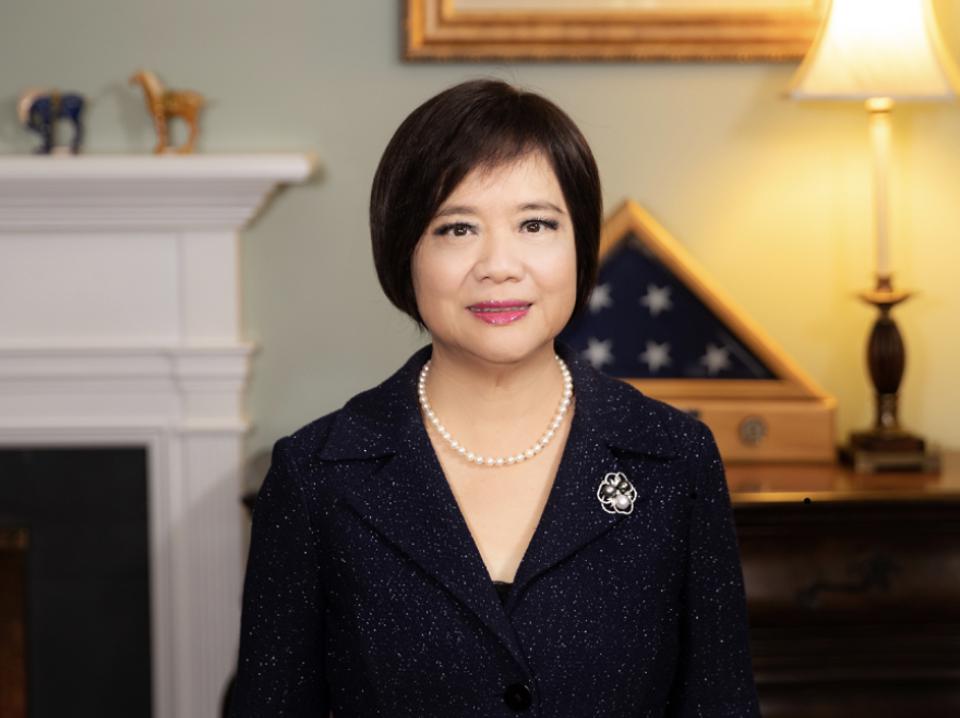
National ACE
Asian Americans are 6% of the U.S. population, but they run 10% of all businesses—more than any other minority community. According to McKinsey, the 2 million small businesses owned by Asian Americans generate $700 billion in annual GDP, employ 3.5 million people, and have a collective purchasing power of over $1 trillion. And these numbers are likely to grow, as Asians are projected
to become the largest immigrant group in the U.S. by 2055.
Like other communities of color, Asian Americans and Pacific Islanders (AAPIs) have been disproportionately impacted by Covid-19. Many of the businesses they run are in industries hardest hit by the economic downturn, such as hospitality, retail, and other services. In fact, almost one in four
employed Asian Americans works in these sectors. At the same time, the Asian community—like the Black and Hispanic communities—has had a harder time accessing small business relief such as the Paycheck Protection Program, which relies on existing relationships between entrepreneurs and banks. Many also face language and cultural barriers that makes accessing capital and other forms of support more difficult.
As President and CEO of the Asian/Pacific Islander American Chamber of Commerce and Entrepreneurship
(National ACE), Chiling Tong advocates for the business interests of AAPI communities. With a career spanning the private, nonprofit and public sectors—including as Founding President of International Leadership Foundation, Chief of Staff / Associate Director at the Minority Business Development Agency and a Deputy Assistant Secretary in the Department of Commerce—Chiling has helped minority-owned enterprises access the capital and resources they need to thrive.
I recently discussed with Chiling the impacts of Covid-19 on AAPI-owned businesses, what these businesses need in order to remain viable and how entrepreneurs can lead the way in promoting equity. I’m grateful to Chiling for taking the time to offer insights on this historic moment; below is a summary of our conversation.
Rhett Buttle: What effective support of AAPI-owned businesses has there been from policymakers and other leaders (e.g., corporations, philanthropy)? What else should they be doing to help?
Chiling Tong: Overall, corporations and government officials have been doing a better job at listening to the concerns of minority communities and recognizing the fact that we have been disproportionately affected by this pandemic—and we applaud them for that. However, when talking about minority communities and minority-owned businesses, policymakers and corporations alike consistently leave Asian Americans and Pacific Islanders out of the conversation. The model minority myth continues to be an impediment to meeting the many needs of our diverse community. AAPIs face struggles similar to other minority communities. But, on top of that, since the beginning of the pandemic, many AAPI businesses have been victims of anti-Asian sentiment, racial discrimination and hate crimes. According to a recent study by JPMorgan Chase, revenues for the typical Asian-owned business in March were over 60% lower than they were in 2019. Many have had to close their businesses permanently. Yet, the effect of Covid-19 on AAPIs is often overlooked and forgotten by investors and society writ large. Like all other minority communities, AAPI-owned businesses need better access to capital, infrastructure and capacity development. We need our policymakers and philanthropic leaders to take seriously the need for investment into AAPI communities.
Buttle: What are the top things small business owners need to think about and do to keep their companies viable in these uncertain times?
Tong: We believe that every small business, especially minority-owned businesses, need three things. First, they need to know what financial resources are available to them—federal, local, private and corporate—and how they can access and understand the uniqueness of each funding source. This won’t solve all their financial issues, but it will provide much-needed stopgap funding.
Second, small business owners need capacity development and resources to adapt their businesses to this new normal. We need to do a better job at helping all businesses, including nonprofit organizations, understand how to operate in a new reality. This includes helping them develop new technology, planning and strategies.
And lastly: hope. We need to rely on each other to get through this. These are uncertain times. Collaboration between the private and public sectors will make our communities stronger, and our coalitions and partnerships will strengthen our collective ability to provide support for those who need the most help.
Buttle: Covid-19 and social unrest have further exposed the racial and economic inequality in our country. Does entrepreneurship have a role to play in addressing these issues?
Tong: Small businesses—especially those owned and operated by people of color, refugees and immigrants—are the backbone of our country because they are active, productive participants in their communities. When our businesses are successful, our communities are successful. This is why it is so important for us to partner together with our Black and Latinx communities to find solutions for our diverse business owners during this pandemic. Success and change will depend on how well we can work together toward our common purpose.
Racial and economic inequality are inseparably linked and are often amplified by a lack of capital in any given community. This is why entrepreneurship is so important in helping to promote equity. Entrepreneurship is all about having a new idea and acting on it. Now, more than ever, we need entrepreneurs to do what they do best. When we provide equal access to investment, capacity development and infrastructure in all of our communities, jobs are created, wealth takes shape, families are strengthened and barriers that exist today will be broken. When barriers are broken, we begin to see the beauty that exists in the restoration of communities.
Don’t miss my earlier conversations with Ron Busby, CEO of The U.S. Black Chambers, Inc. and Ramiro Cavazos, President And CEO Of The U.S. Hispanic Chamber Of Commerce.
Other Resources:
This piece originally appeared in Forbes on August 11, 2020. You can view it online here.
Rhett Buttle is the founder of Public Private Strategies, Executive Director of the Small Business Roundtable, Founder of the NextGen Chamber of Commerce, a Senior Fellow at The Aspen Institute, and a contributor for Forbes.
WANTING MORE NEWS? SIGNUP TODAY
Contact Us
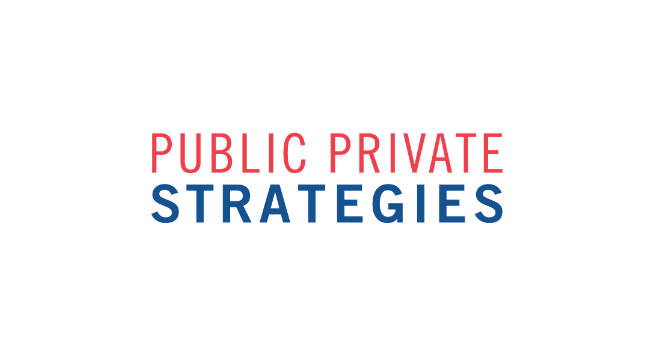
*This article was written by Scripps News Staff. President Joe Biden announced that the government will cover 100% of Hurricane Helene cleanup costs for the next several months to pay for the urgent work to clear the mud, remove downed trees and provide temporary housing. The federal support comes as residents in multiple Southeastern states are still struggling to return to normal following last week’s storm that killed over 200 people. Katie Vlietstra Wonnenberg, a small business advocate and political strategist, said it is going to take a significant amount of time to finish the cleanup, no matter how hard the federal government works. Read the entire piece on Scripps News.

WASHINGTON, D.C. – This month marks the anniversary of two pivotal pieces of legislation that are helping fuel a small business boom, the CHIPS & Science Act and the Inflation Reduction Act. Over the past four years, there has been a historic growth of American entrepreneurship across the country, with over 18 million new business applications filed, each one an act of hope and optimism in our economic future. This small business boom is fueled by investments like the Inflation Reduction Act and the CHIPS & Science Act. Rhett Buttle, Founder and CEO of Public Private Strategies, released the following statement: “As we mark the two-year anniversaries of the CHIPS & Science Act and the Inflation Reduction Act, the positive impact across the business landscape, and particularly for entrepreneurs, is unmistakable. The CHIPS & Science Act is fueling entrepreneurship opportunities by dedicating over $50 million to help develop new ideas and technologies to strengthen domestic semiconductor production and supply chain. “The Inflation Reduction Act has helped lower costs for workers and consumers, driving up demand for small businesses across the country. The healthcare provisions of the Inflation Reduction Act alone are saving millions Americans an average of $800 per year on health insurance premiums. These investments have helped fuel America’s small business boom, including a record 18 million new small business applications filed over the past four years. “We have more work to do to address the issues that business owners have consistently said are their top priorities, from lowering health care and prescription drug costs to expanding and streamlining contracting opportunities for small employers to strengthening and protecting American democracy . We remained committed to working with business leaders to address these challenges and ensure these investments are implemented effectively to grow economies and support communities all across the country.” ### About Rhett Buttle Founder & CEO, Public Private Strategies President, Public Private Strategies Institute Senior Fellow, The Aspen Institute Rhett Buttle is an entrepreneur, advocate, and one of the most trusted leaders at the intersection of business and policy in Washington, DC. He has worked for President Biden, Vice President Harris, President Barack Obama, Secretary of State Hillary Clinton, and Governor Arnold Schwarzenegger in government and campaign roles. Rhett is the founder of Public Private Strategies (PPS) and President of the Public Private Strategies Institute (PPSI), which works to bring together the public and private sectors to build coalitions, activate campaigns, and create strategic partnerships to drive policy and market outcomes. In these roles, he advises leading policy makers, foundations, nonprofits, and corporations. In addition to PPS and PPSI, he has helped found the Small Business Roundtable, Small Business for America’s Future, and the Next Gen Chamber of Commerce. He is also a Senior Fellow at the Aspen Institute and a regular contributor to Forbes, where he writes on the intersection of business, policy, and politics. Rhett has also been featured in The New York Times, CNN, The Wall Street Journal, and several other business publications. About Public Private Strategies Public Private Strategies (PPS) creates opportunities where the public and private sectors meet. We bring together diverse allies including foundations, associations, corporations, small businesses, and entrepreneurs to solve pressing societal challenges. By harnessing the power of the private sector, we build coalitions, activate campaigns, and create strategic partnerships to drive desired policy and market outcomes. Learn more at www.publicprivatestrategies.com .

WASHINGTON, D.C. – This month marks the anniversary of two pivotal pieces of legislation that are helping fuel a small business boom, the CHIPS & Science Act and the Inflation Reduction Act. Over the past four years, there has been a historic growth of American entrepreneurship across the country, with over 18 million new business applications filed, each one an act of hope and optimism in our economic future. This small business boom is fueled by investments like the Inflation Reduction Act and the CHIPS & Science Act. Rhett Buttle, Founder and CEO of Public Private Strategies, released the following statement: “As we mark the two-year anniversaries of the CHIPS & Science Act and the Inflation Reduction Act, the positive impact across the business landscape, and particularly for entrepreneurs, is unmistakable. The CHIPS & Science Act is fueling entrepreneurship opportunities by dedicating over $50 million to help develop new ideas and technologies to strengthen domestic semiconductor production and supply chain. “The Inflation Reduction Act has helped lower costs for workers and consumers, driving up demand for small businesses across the country. The healthcare provisions of the Inflation Reduction Act alone are saving millions Americans an average of $800 per year on health insurance premiums. These investments have helped fuel America’s small business boom, including a record 18 million new small business applications filed over the past four years. “We have more work to do to address the issues that business owners have consistently said are their top priorities, from lowering health care and prescription drug costs to expanding and streamlining contracting opportunities for small employers to strengthening and protecting American democracy . We remained committed to working with business leaders to address these challenges and ensure these investments are implemented effectively to grow economies and support communities all across the country.” ### About Rhett Buttle Founder & CEO, Public Private Strategies President, Public Private Strategies Institute Senior Fellow, The Aspen Institute Rhett Buttle is an entrepreneur, advocate, and one of the most trusted leaders at the intersection of business and policy in Washington, DC. He has worked for President Biden, Vice President Harris, President Barack Obama, Secretary of State Hillary Clinton, and Governor Arnold Schwarzenegger in government and campaign roles. Rhett is the founder of Public Private Strategies (PPS) and President of the Public Private Strategies Institute (PPSI), which works to bring together the public and private sectors to build coalitions, activate campaigns, and create strategic partnerships to drive policy and market outcomes. In these roles, he advises leading policy makers, foundations, nonprofits, and corporations. In addition to PPS and PPSI, he has helped found the Small Business Roundtable, Small Business for America’s Future, and the Next Gen Chamber of Commerce. He is also a Senior Fellow at the Aspen Institute and a regular contributor to Forbes, where he writes on the intersection of business, policy, and politics. Rhett has also been featured in The New York Times, CNN, The Wall Street Journal, and several other business publications. About Public Private Strategies Public Private Strategies (PPS) creates opportunities where the public and private sectors meet. We bring together diverse allies including foundations, associations, corporations, small businesses, and entrepreneurs to solve pressing societal challenges. By harnessing the power of the private sector, we build coalitions, activate campaigns, and create strategic partnerships to drive desired policy and market outcomes. Learn more at www.publicprivatestrategies.com .

